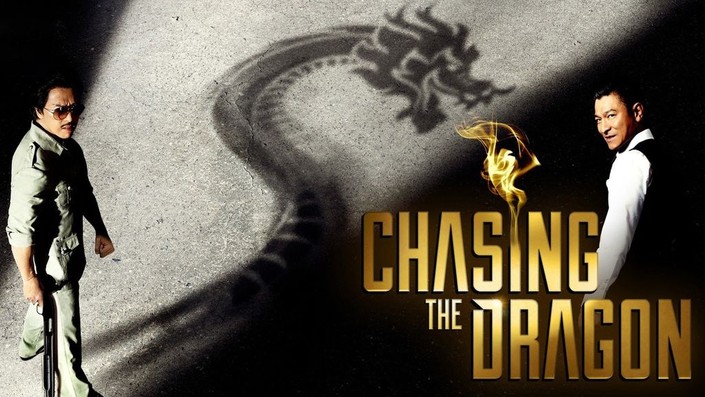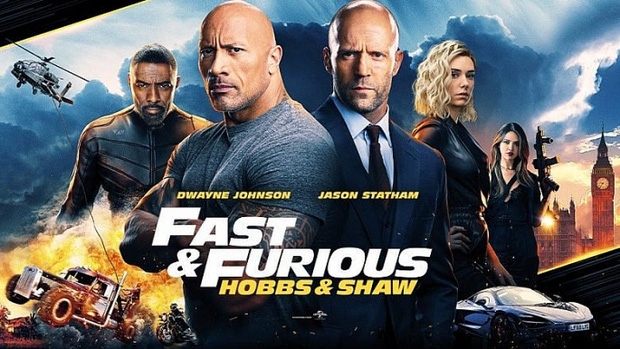Da 5 Bloods (2020): A Bold, Emotional Journey Through War and Brotherhood
Directed by Spike Lee, Da 5 Bloods is a powerful blend of war drama, political commentary, and personal reflection. Released on Netflix in 2020, the film tells the story of four African American Vietnam War veterans who return to the country decades later — not only to recover the remains of their fallen squad leader, Stormin' Norman (played by Chadwick Boseman), but also to find a hidden cache of gold they buried during the war. As the film progresses, their journey becomes far more than a physical one; it is a deep psychological confrontation with the past, guilt, trauma, and the legacy of Black soldiers in American history.
The main characters — Paul (Delroy Lindo), Otis (Clarke Peters), Eddie (Norm Lewis), and Melvin (Isiah Whitlock Jr.) — are aging veterans who reunite in modern-day Vietnam. Each man carries his own scars, both visible and internal. Paul, in particular, emerges as the film's emotional core. A Trump supporter suffering from severe PTSD and survivor’s guilt, Paul is haunted by memories of Norman and his decisions during the war. Delroy Lindo delivers a searing, unforgettable performance, especially during several monologues directly into the camera, offering raw, unfiltered insight into a fractured psyche.
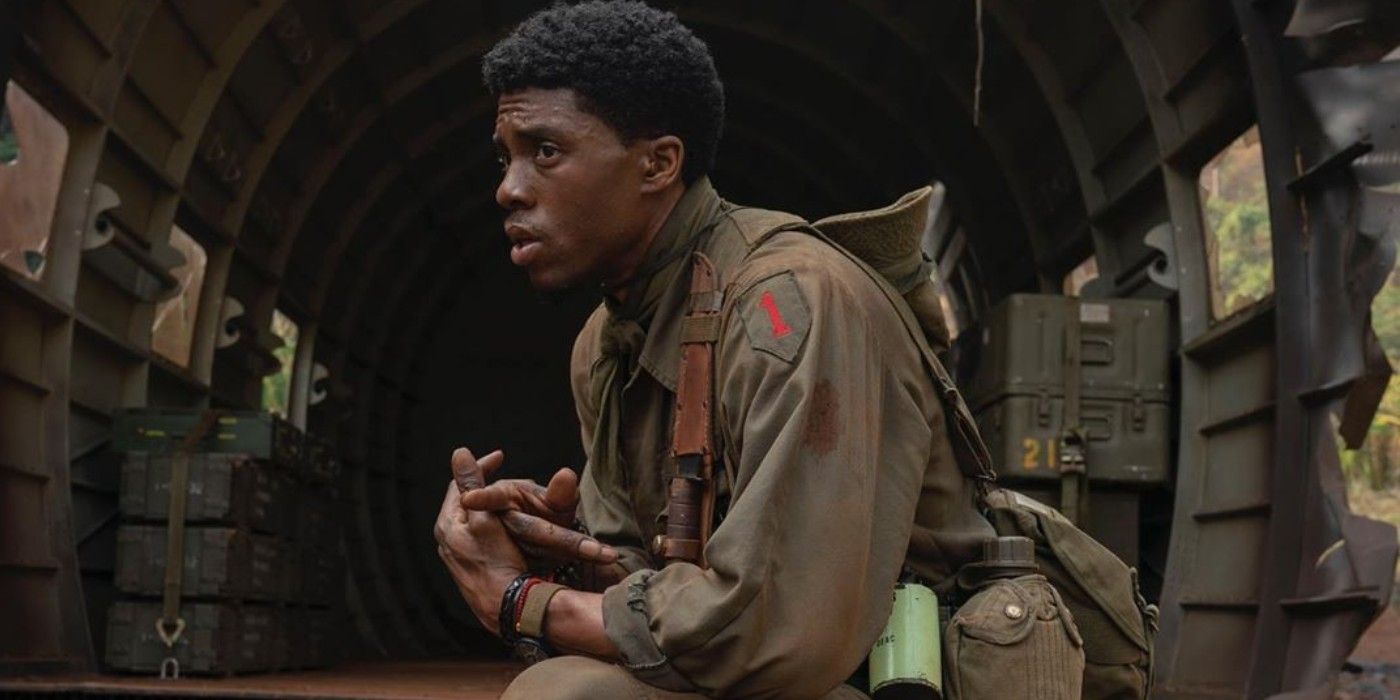
Their journey is filled with tension, danger, and emotional revelations. As they travel through jungles and confront physical obstacles — including landmines, mercenaries, and betrayal — they also unpack the emotional baggage they have carried for decades. The treasure hunt becomes symbolic: a search not just for gold, but for peace, closure, and redemption.
Spike Lee masterfully blends genres and tones throughout the film. At times, Da 5 Bloods plays like a classic war movie, filled with action, brotherhood, and danger. At other times, it is a political essay, with archival footage and real-world references — including images of Martin Luther King Jr., Muhammad Ali, and the Black Lives Matter movement. Lee uses these moments to remind viewers of the complex, often overlooked history of Black Americans in the military and society.
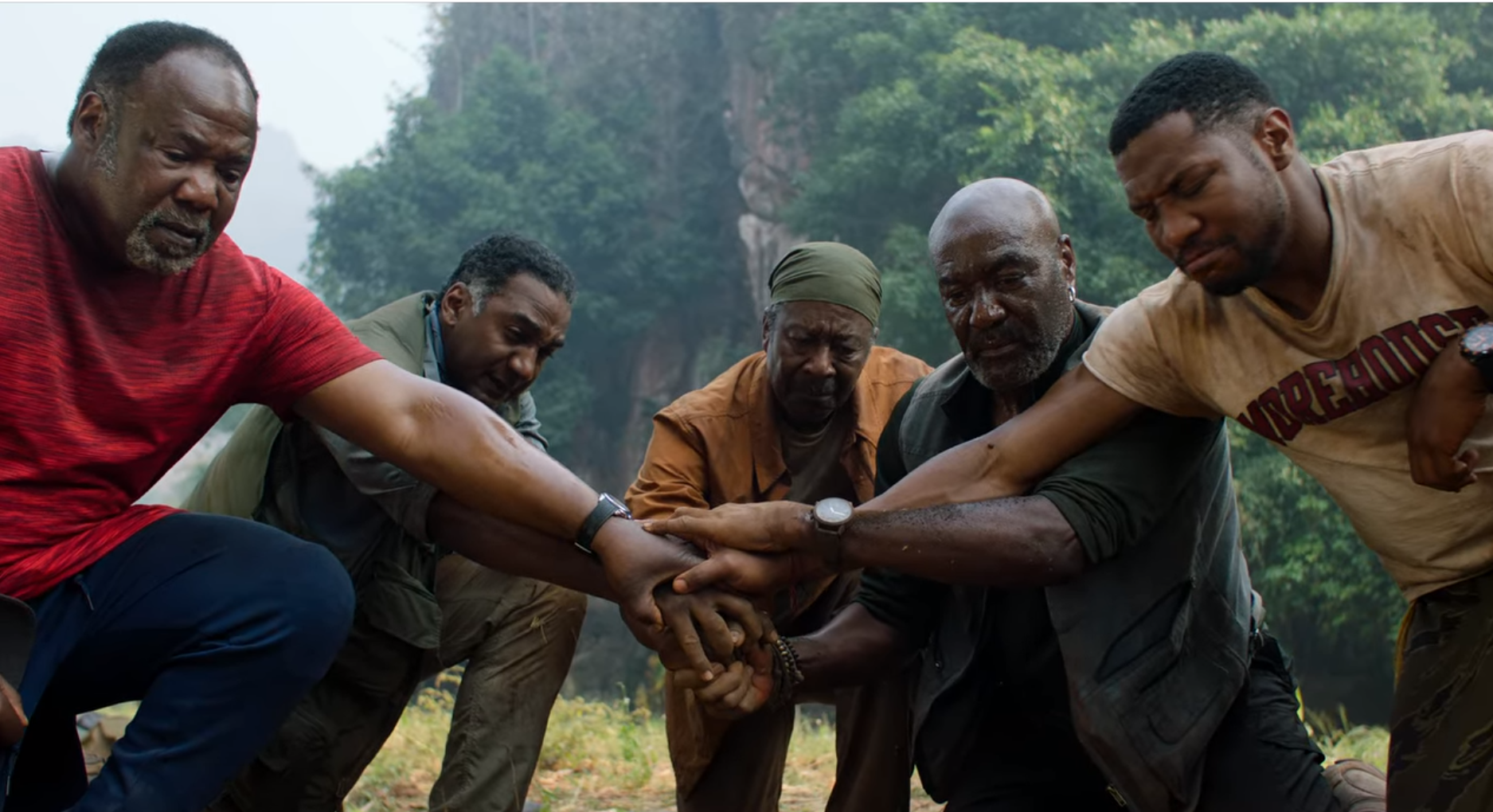
The film also stands out visually. Lee shifts aspect ratios and film stock to distinguish past from present: flashbacks to the Vietnam War are grainy and shot in a 4:3 format, while present-day scenes are widescreen and vivid. Interestingly, the older actors play their younger selves in the flashbacks, without de-aging effects — a deliberate choice that reinforces the idea that the past lives within them.
Da 5 Bloods was released to strong critical acclaim. It was praised for its ambition, depth, and emotional power. Delroy Lindo’s performance, in particular, received widespread recognition, though it was controversially snubbed at major awards. Chadwick Boseman, in one of his final roles, plays Norman as a Christ-like figure — a beacon of idealism and moral clarity who remains in the hearts of the surviving Bloods.
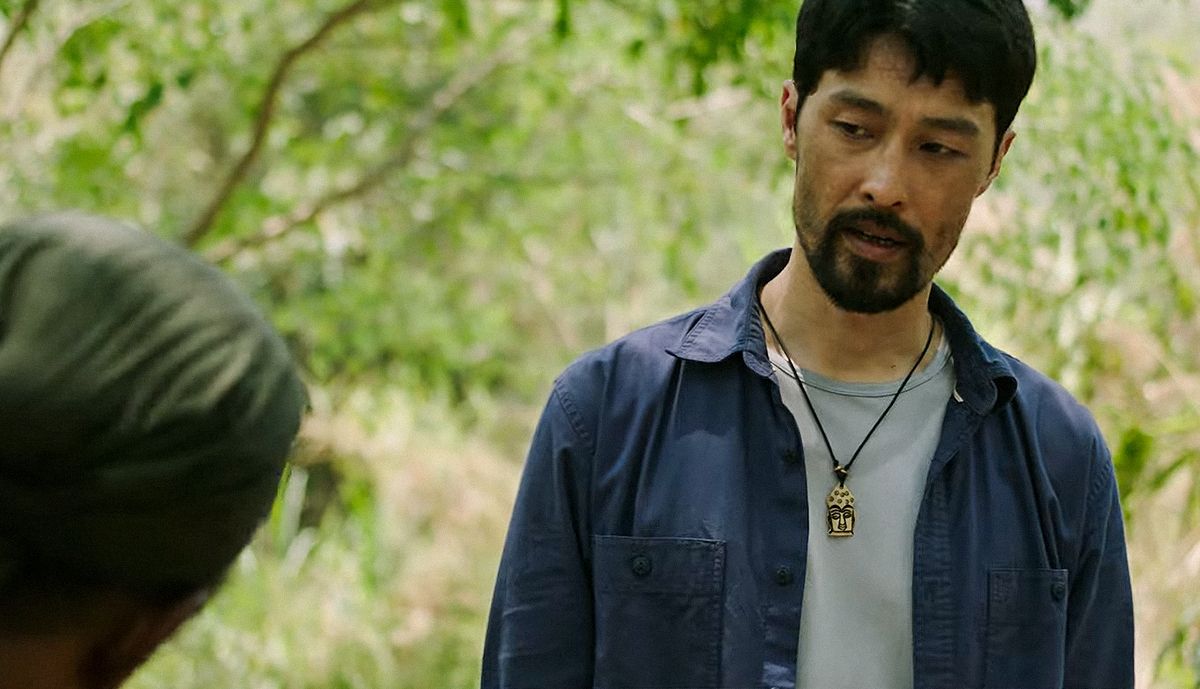
In the end, Da 5 Bloods is not just a war movie. It is a story of friendship, grief, injustice, and healing. With a unique voice, bold narrative, and urgent themes, it stands as one of Spike Lee’s most passionate and thought-provoking films.
-1751875055-q80.webp)

